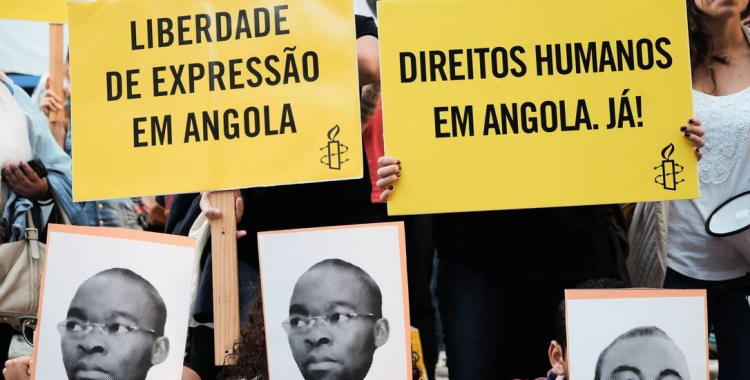The country is classified in the report that assesses the performance of 195 countries in terms of defending political rights and civil liberties, as a "not free" country, despite the positive evolution of one point in this report of 2020 (relative to 2019) and of eight points in the last three years, between 2016 and 2019.
At a seminar that took place this Thursday at the Royal Institute of International Relations (Chatham House), London, where he presented the results of the Africa report, Jon Temin said that progress in Angola last year was mainly due to the approval of the new Code Criminal, which decriminalized homosexuality and abortion in certain cases, and went on to criminalize discrimination based on sexual orientation.
However, the authors of the report found a slowdown in President João Lourenço's reform drive when he took power in 2017.
"When the new leaders come to power, there is a wide range of areas for reform. Action against corruption led to improvements that year, but it met with resistance from the powers that be and the easy steps are not so accessible," Temin said.
Mozambique was one of the countries with the greatest decline, having dropped six points, just behind Benin, which dropped 13, and is classified in the report as a "partially free" country.
"This performance is closely related to the presidential elections and the registered irregularities, the difficulties of the opposition, the constitutional reform that was favorable to the ruling party (Frelimo), the lack of incentives for minorities to vote", he enumerated.
Officially published on Wednesday, the Freedom in the World Report considers that, according to criteria on issues such as freedom of expression and assembly, the rule of law or the electoral process, 83 of the 195 assessed countries are "free", 63 "partially free" and 49 "not free".
In 64 countries people's political rights and civil liberties deteriorated in 2019, and have only improved in 37 countries.
In Sub-Saharan Africa, the report considers that only 9 percent of the population lives in "free" countries, such as Cape Verde and São Tomé and Príncipe, while 52 percent of the population lives in "partially free" countries, such as Mozambique and Guinea- Bissau, and 39% in "non-free" countries, such as Angola and Equatorial Guinea.







